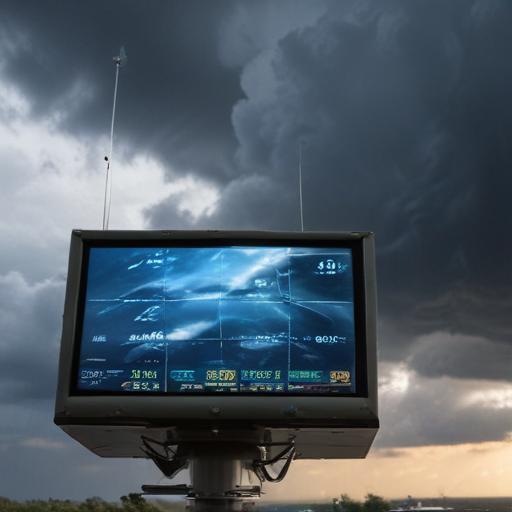The Department of Defense’s recent decision to halt access to weather data from specialized military satellites has raised significant concerns among hurricane researchers and meteorologists. The cutoff, initially set to take place on June 30 but rescheduled for July 31, restricts critical information gathered by three military-operated satellites designed to see through cloud cover and provide unique microwave imagery vital for hurricane forecasting.
Experts assert that this move will place additional burdens on researchers during the height of hurricane season. Jill Trepanier, a hurricane climatologist at Louisiana State University, emphasized the added challenge researchers will face, noting that critical data from these satellites is essential for understanding storm development. The satellites, known for their ability to track weather patterns across vast areas, including tropical cyclones and severe thunderstorms, have been instrumental in providing insights that typical weather satellites cannot.
Launched between 2003 and 2009, these satellites orbit the Earth approximately every 101 minutes from an altitude of 515 miles. The Navy confirmed the decision to cease data distribution, highlighting that the program is set for discontinuation by September 2026.
Hurricane specialists like John Morales have expressed alarm, suggesting that this shift could regress hurricane tracking capabilities to outdated methods reminiscent of the late 1990s, which could endanger lives. With the current active hurricane season, the data loss could lead to less accurate forecasts, especially concerning the rapid intensification of storms. Michael Lowry, another leading hurricane expert, noted that the military satellites contribute about half of the critical microwave scans that forecasters rely on, which could severely affect millions of Americans living in hurricane-prone areas.
Meanwhile, forecasters are already closely monitoring Tropical Storm Flossie, which has the potential to escalate into a hurricane shortly. This situation underscores the pressing need for adequate data to ensure safety and preparedness during the season.
This decision, criticized for potentially undermining hurricane research, highlights the delicate balance between military operations and public safety. As the situation unfolds, it remains imperative for meteorologists and researchers to seek alternative data sources and methods to enhance hurricane predictive capabilities in a time of increasing climate variability.
